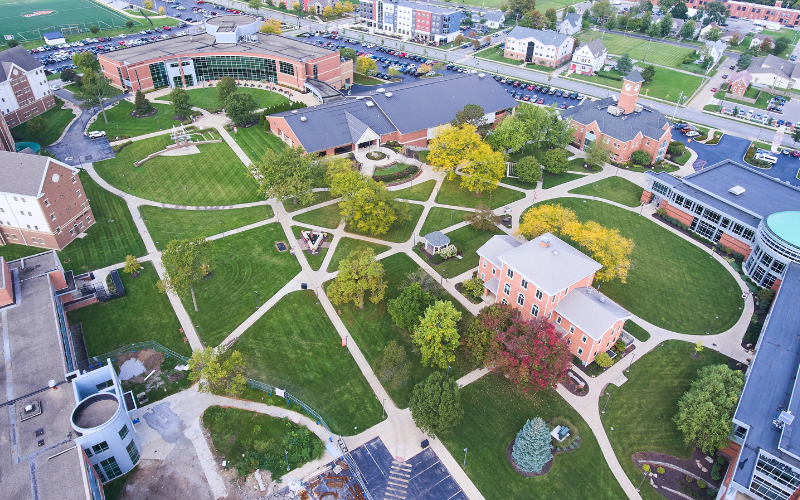Articles about transformations in higher education are being published daily, it seems. Many of them focus on affordability and the fact that the increasing costs in higher education in the United States cannot continue to exceed inflation or the increase in earning power of Americans. Very few of these articles, however, offer solutions or examples of solutions to the high cost conundrum.
In the September issue of Fast Company Magazine, Anya Kamenetz writes an interesting article entitled “How Web-Savvy Edupunks are Transforming American Higher Education.” She begins the article by discussing how the internet and various applications or sites such as Google, YouTube Edu, iTunesU, Wikipedia, and Facebook have changed the way all of us share information.
Yet while colleges like MIT have placed all of their coursework online for free, an MIT degree costs about $189,000. She cites Jim Groom, an “instructional technologist” at the University of Mary Washington as stating, “Colleges have become outrageously expensive, yet there remains a general refusal to acknowledge the implications of new technologies.” According to Kamenetz, Groom coined the term “edupunk” to describe the high-tech do-it-yourself education.
Open CourseWare has grown tremendously, but students who use it don’t earn degrees. Kamenetz profiles David Wiley, Associate Professor of Instructional Psychology and Technology at Brigham Young University, who has cofounded a free, not-for-profit, online public charter high school in Utah called Open High School of Utah that uses open courseware. Wiley is also an officer of Flat World Knowledge that commissions professors to write open-source textbooks that are free online.
The article also mentions Peer2Peer University founded by Neeru Paharia, a PhD student at Harvard Business School. Peer2Peer’s website is used to convene and schedule classes, meetings, and tutoring sessions. Its founders are trying to offer something priced somewhere between free and cheap. Kamenetz compares it to the University of the People, founded by Shai Reshef, which offers an online business degree for a total of approximately $4,000. The University of the People is unaccredited at this point in time.
Kamenetz discusses the growing movement toward open-education, both from a foundation perspective (Hewlett Foundation initially) and also from new sources of funding like the federal government and entrepreneurs. She concludes by stating that we’ve gone from a scarcity of knowledge to unimaginable abundance and that new technologies will evolve new communities of scholars.
I enjoyed reading the article and believe that Kamenetz is on the right track. The availability of free information could be a dislodging event in higher education. We’ll see if some of the startups mentioned in Kamenetz’s article are the survivors or just the dislodgers.










